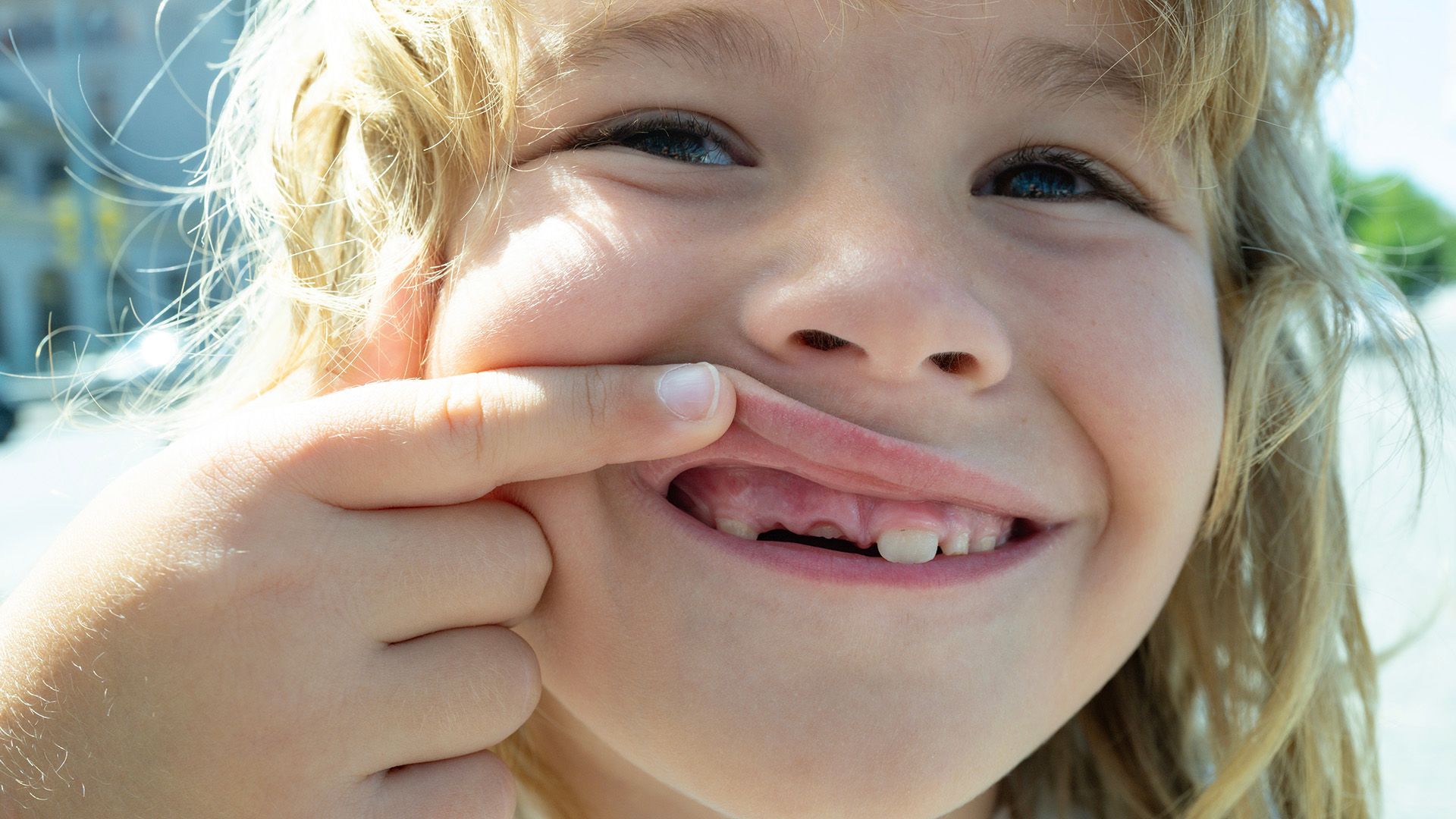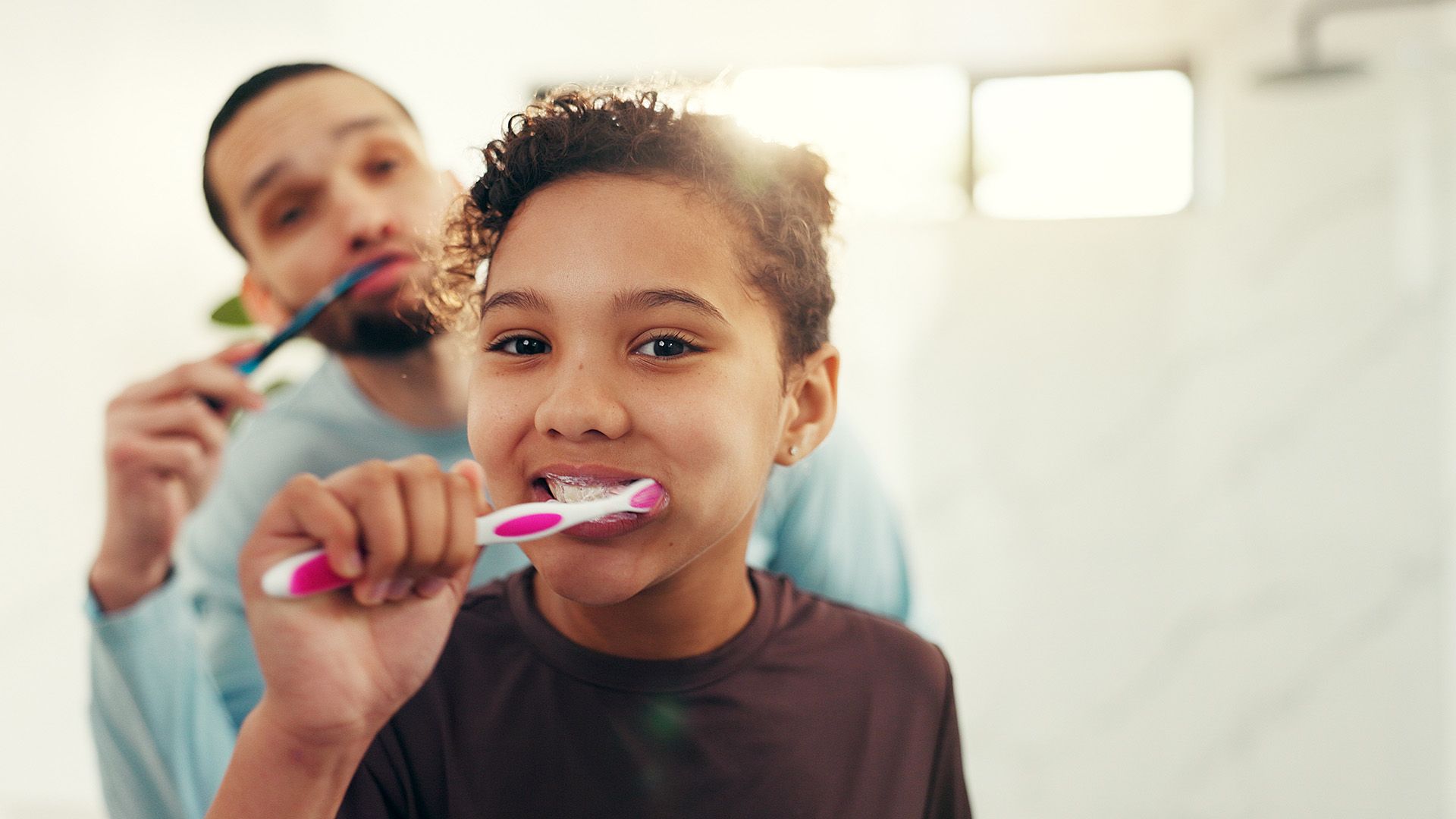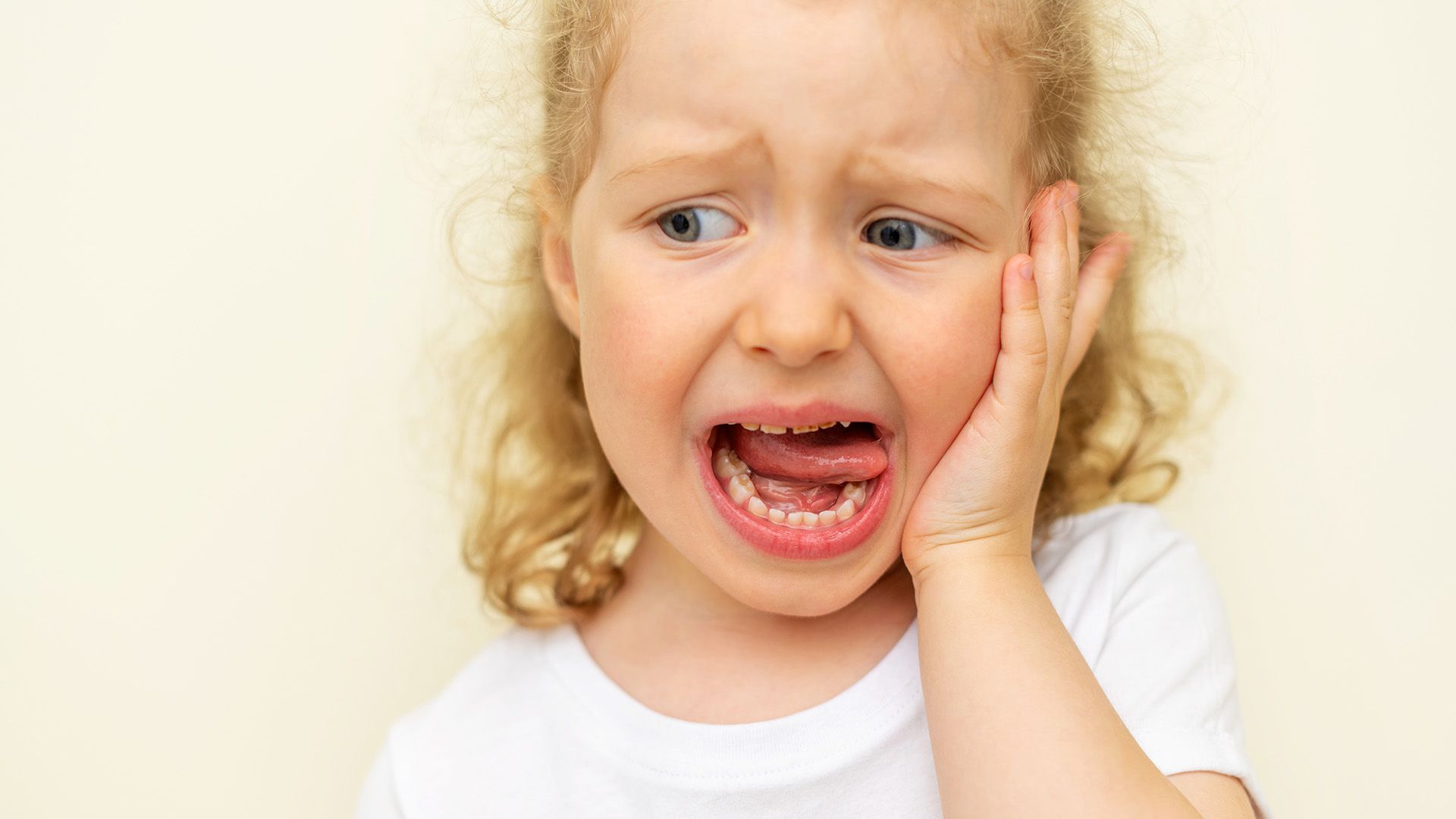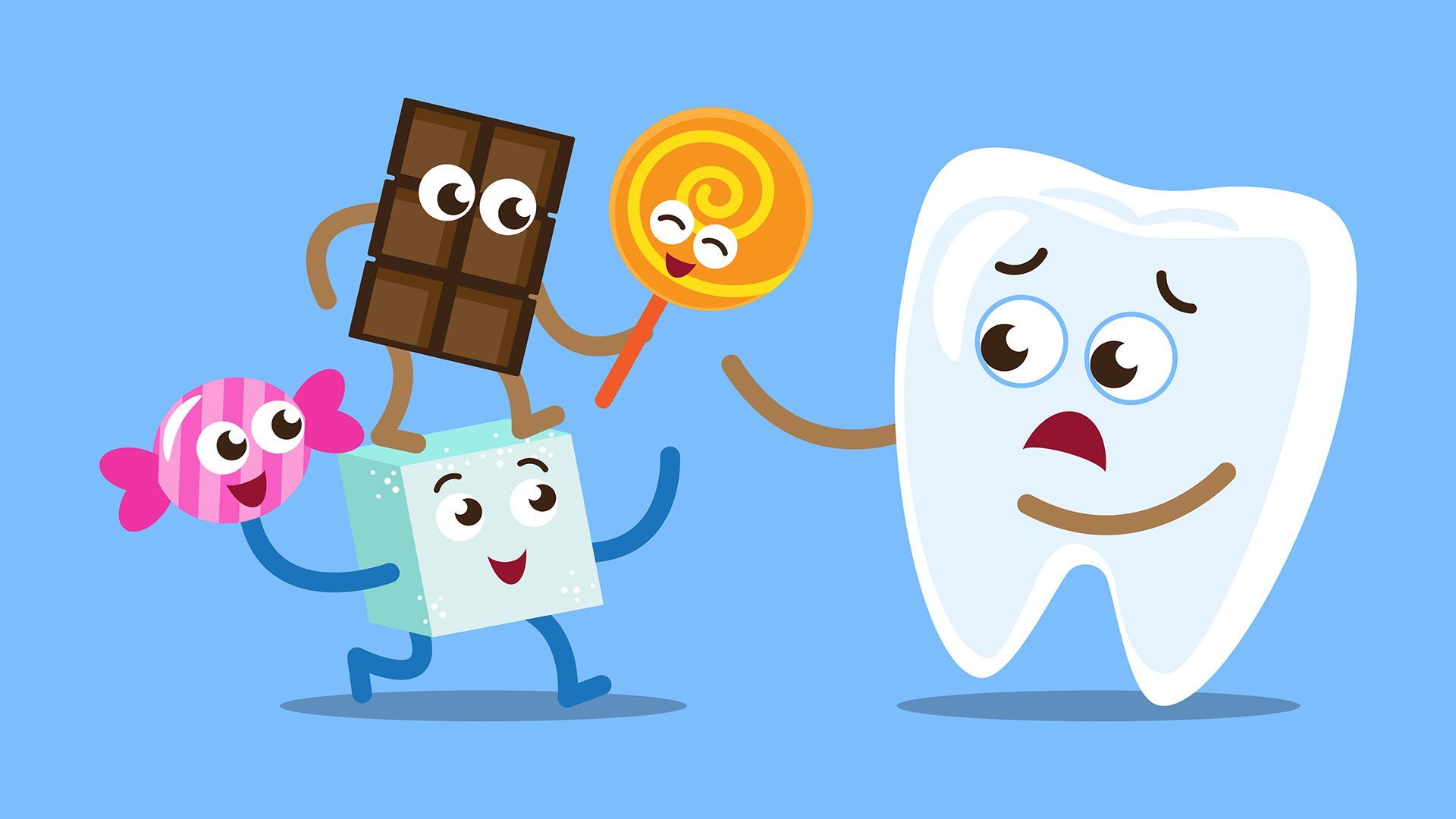Nighttime Oral Care Routines for Kids: A Parent’s Guide
Consistent nighttime oral care routines for kids are one of the most effective ways to protect growing smiles and instill healthy habits that last. In this guide, you’ll discover why brushing teeth before bed and flossing are crucial, how to make routines engaging and age-appropriate, and what to monitor as your child’s teeth and jaws develop. You’ll also find practical ideas for smart snacks and drinks before bed, plus clear indicators that your child may benefit from extra support, from technique tweaks to an orthodontic evaluation. Whether you’re caring for baby teeth or helping a tween in braces, this resource will help you personalise a calm, confidence-building bedtime routine that keeps cavities away and smiles bright through consistent nighttime oral care routines for kids.

Why Nighttime Oral Hygiene Matters
Nighttime oral care routines for kids are essential because teeth and gums are most vulnerable while children sleep. Brushing teeth before bed removes food debris and plaque, cutting down on the acids that lead to tooth decay. When kids skip nighttime brushing, sugars and plaque remain on enamel for hours, raising the risk of cavities and irritation along the gumline.
During sleep, saliva flow naturally decreases. Saliva helps neutralize acids and wash away bacteria, so reduced flow creates a favorable environment for harmful bacteria to multiply. As bacteria feed on leftover sugars, they produce acids that weaken enamel and may trigger cavities and early gum inflammation. A thorough brush, and flossing when recommended, disrupts this buildup before it has the entire night to grow, making brushing teeth before bed a key defence against decay.
Building a consistent bedtime routine delivers long-term benefits. Children who learn to brush properly each night are more likely to maintain healthy habits through adolescence and adulthood, resulting in fewer cavities, stronger enamel, fresher breath, and healthier gums. Good nightly care also supports orthodontic treatment outcomes by keeping teeth and tissues around braces or aligners clean and healthy. Families are encouraged to make nighttime brushing a non-negotiable step and to seek tailored tips, such as brushing around brackets or aligner hygiene, that fit a child’s needs. Just a few dedicated minutes each night can protect their smile for years to come, and consistent nighttime oral care routines for kids make those benefits more likely.
How to Create a Fun, Effective Nighttime Routine
Making nighttime oral care routines for kids engaging starts with turning brushing into a game rather than a chore. Let your child choose a toothbrush colour or character, practice brushing on a stuffed animal, or be the “leader” who shows the family how to brush in gentle circles. Positive reinforcement, high-fives, sticker charts, or simple praise, helps kids feel proud and encourages consistency.
Use songs or stories to make brushing enjoyable and structured. A two-minute brushing song sets a clear start and finish. Short bedtime stories about “sugar bugs” and heroic teeth can help children understand why brushing matters. If your child is in orthodontic treatment, guidance on brushing around brackets and wires can be woven into the nightly routine to keep it relevant and fun, reinforcing the importance of brushing teeth before bed.
Timers and kid-friendly apps promote thorough brushing and make it easy to reach the dentist-recommended two minutes. Try a kitchen timer, a phone timer with gentle chimes, or a brushing app that rewards progress. Many families find that timing each quadrant of the mouth for 30 seconds improves coverage and keeps kids focused. For added support, seek personalized recommendations on techniques and timing that suit your child’s age and treatment plan. With creativity and consistency, bedtime oral care becomes a habit your child looks forward to, and one that supports lifelong oral health through reliable nighttime oral care routines for kids.
Smart Snack and Drink Choices Before Bed
Nighttime oral care routines for kids work best when paired with thoughtful choices in the kitchen. What children eat and drink before bed can significantly impact dental health because saliva production slows at night, reducing the mouth’s ability to wash away sugars and acids.
Try to avoid sticky sweets like gummies, caramels, and dried fruit before sleep, these cling to teeth and feed cavity-causing bacteria. Starchy snacks such as crackers and chips can break down into sugars that linger on enamel. Acidic items like citrus and sports drinks may weaken enamel, making it easier for cavities to form. If your child does have a treat, follow it with water and make sure brushing teeth before bed is part of the routine.
Healthier snack options include crunchy vegetables (carrots, celery), cheese, plain yogurt, and apples. These choices can help stimulate saliva, provide calcium and phosphates that support strong enamel, and are less likely to stick to teeth. Choose no-added-sugar versions and serve small portions to reduce residue before bed.
Hydration matters, too. The best bedtime drink is plain water, which helps rinse the mouth and keeps saliva balanced without introducing sugars or acids. Avoid juice, soda, sweetened milk, and sports drinks at night. Encourage kids to finish any non-water beverages at least an hour before brushing. For more guidance on building kid-friendly routines, explore general oral care tips and resources from dental and orthodontic professionals.
When Your Child May Need Extra Support
Establishing reliable nighttime oral care routines for kids can be challenging, and certain behaviors may signal that your child needs additional help. Watch for signs of dental anxiety or resistance to brushing, such as crying at bedtime, avoiding the bathroom, gagging with toothpaste, or tightly clamping their mouth shut. Ongoing sensitivity, bleeding gums, or frequent cavities despite regular brushing may indicate underlying issues that require attention.
If worries interfere with oral care, it’s a good time to consult a dental professional. A pediatric dentist or an orthodontic team can assess bite alignment, enamel health, and gum condition, and provide personalized strategies to make brushing and flossing more comfortable. Early evaluation is especially helpful if your child has crowding, mouth breathing, thumb-sucking habits, or uses orthodontic appliances, as these can complicate nightly cleaning.
To address specific concerns, try small, supportive steps: maintain calm, predictable routines; model brushing together; and offer brief, positive reinforcement instead of pressure. For sensitivity, focus on gentle technique and use a soft-bristled brush and fluoride toothpaste appropriate for your child’s age. For plaque-prone areas, guide flossing and spend extra time around the gumline. If your child wears braces or aligners, add a careful check after brushing to remove food particles around brackets and between teeth. When in doubt, schedule a visit, oral health professionals can tailor tips, tools, and techniques to help your child build confidence and keep their smile healthy every night with effective nighttime oral care routines for kids.
Simple Steps for Success Each Night
Use this easy checklist to reinforce nighttime oral care routines for kids:
- Brush for two minutes with fluoride toothpaste, using gentle circular motions, and prioritize brushing teeth before bed.
- Floss or use interdental aids if recommended by your dental or orthodontic provider.
- Rinse with water; consider a child-friendly fluoride rinse if advised.
- Avoid sugary or acidic snacks and drinks in the hour before brushing.
- Finish with plain water and keep only water by the bedside.
- Set a consistent bedtime to support healthy saliva flow and overall well-being.
With a consistent, positive routine, you can help your child develop strong habits that protect their teeth and gums, night after night. Emphasizing brushing teeth before bed and maintaining dependable nighttime oral care routines for kids will keep their smile cleaner, stronger, and healthier.









